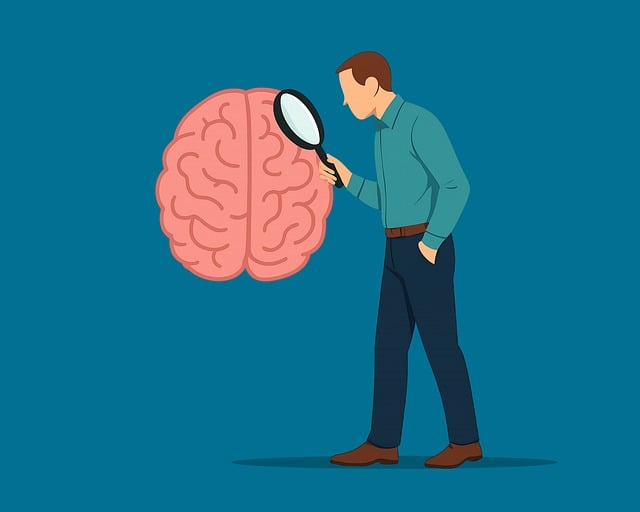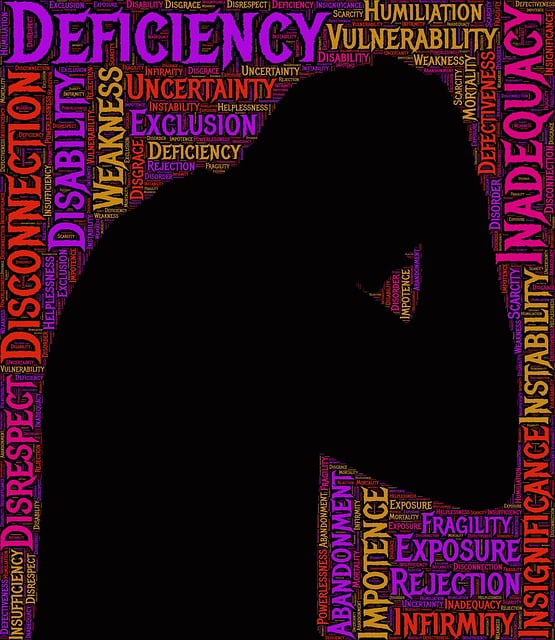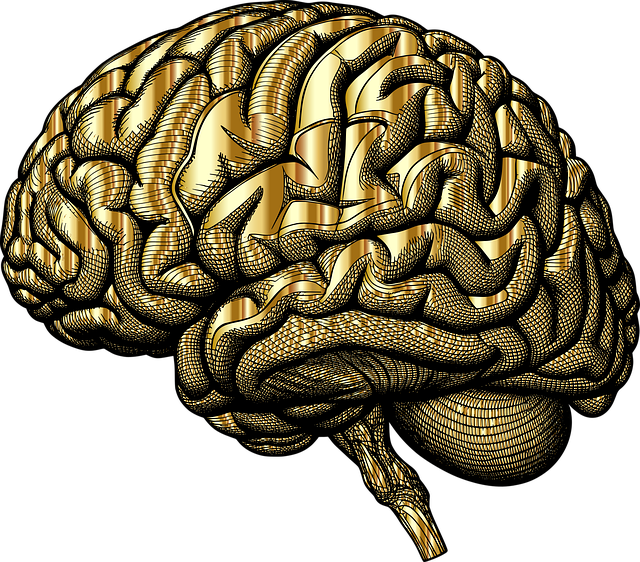Golden Couples Counseling Therapy (GCCC) is a pioneering approach in healthcare, addressing cultural competency through an emphasis on interpersonal relationships and their cultural influences. It equips individuals with tools for mental wellness, helping to unlearn intergenerational biases and overcome challenges tied to stereotypes. By fostering empathy, GCCC enhances communication between patients and providers, especially in diverse communities, ensuring personalized care tailored to individual needs and improved health outcomes. Its focus on non-verbal cues, culturally sensitive questions, and conflict resolution techniques creates inclusive environments that encourage open dialogue, proving valuable in areas like depression prevention and mental health policy.
Healthcare provider cultural competency training is essential in today’s diverse society. Effective communication and empathy are crucial for delivering quality care to all patients. This article explores key components of such training, including the role of Golden Couples Counseling Therapy in understanding cultural competency. We delve into identifying biases and unconscious stereotypes, effective communication strategies for diverse populations, and building intercultural relationships. By addressing these aspects, healthcare providers can enhance patient outcomes and foster inclusive care environments.
- Understanding Cultural Competency in Healthcare: The Role of Golden Couples Counseling Therapy
- Identifying Biases and Unconscious Stereotypes: A Critical Component of Training
- Effective Communication Strategies for Diverse Patient Populations
- Building Empathy and Strengthening Intercultural Relationships
Understanding Cultural Competency in Healthcare: The Role of Golden Couples Counseling Therapy

Cultural competency is an essential aspect of modern healthcare, aiming to bridge the gap between diverse patient populations and healthcare providers. It involves understanding and appreciating cultural differences in beliefs, values, and behaviors, ensuring that care is accessible and respectful. Golden Couples Counseling Therapy (GCCC) offers a unique perspective on this topic by focusing on interpersonal relationships and the impact of cultural factors within them.
GCCC provides valuable guidance for improving mental wellness through journaling exercises, mindfulness meditation techniques, and self-care practices tailored to diverse cultural contexts. By recognizing and addressing the intersection of culture and human interactions, this therapy fosters a deeper sense of understanding between patients and healthcare professionals. This approach is crucial in today’s diverse healthcare landscape, where providers must navigate complex cultural landscapes to offer holistic care that respects individual differences.
Identifying Biases and Unconscious Stereotypes: A Critical Component of Training

Identifying biases and unconscious stereotypes is a critical component of healthcare provider cultural competency training. These hidden prejudices can significantly impact patient care, especially when dealing with diverse communities. Providers must recognize that their personal experiences and societal influences shape their perceptions, which may lead to stereotyping individuals based on race, ethnicity, gender, or other cultural factors. By acknowledging these biases, healthcare professionals can begin to unlearn and replace outdated assumptions, fostering a more inclusive and empathetic approach.
Golden Couples Counseling Therapy, for instance, recognizes the importance of addressing intergenerational biases that might affect couples’ relationships. Through training, providers learn to navigate complex dynamics with sensitivity, ensuring every client receives personalized support. Additionally, developing coping skills and integrating mental wellness coaching programs can empower individuals to overcome challenges related to cultural stereotypes, enhancing overall public awareness campaigns development and community engagement.
Effective Communication Strategies for Diverse Patient Populations

In an increasingly diverse healthcare landscape, effective communication strategies are essential for bridging cultural gaps and ensuring quality patient care. Healthcare providers must learn to navigate different linguistic and cultural backgrounds, respecting patients’ unique perspectives and beliefs. This involves active listening, clear and concise language, and adapting communication styles to meet individual needs. For instance, Golden Couples Counseling Therapy emphasizes the importance of non-verbal cues and culturally sensitive questions to create a safe and inclusive environment, fostering open dialogue. By employing these strategies, providers can build trust, improve patient satisfaction, and enhance overall treatment outcomes.
Furthermore, conflict resolution techniques play a vital role in managing diverse patient populations. Incorporating Self-Awareness Exercises into training programs allows professionals to recognize their own biases and respond appropriately to cultural differences. Effective communication isn’t just about words; it’s about creating a harmonious atmosphere where patients feel understood and respected. Through such initiatives, healthcare providers can ensure that every individual receives personalized care tailored to their specific needs and backgrounds, ultimately promoting better health outcomes.
Building Empathy and Strengthening Intercultural Relationships

In healthcare provider cultural competency training, fostering empathy and strengthening intercultural relationships are key components that significantly enhance patient care. By learning to understand and appreciate diverse cultural backgrounds, healthcare professionals can create a more inclusive environment, reducing potential barriers to treatment. This involves actively listening to patients’ unique experiences and perspectives, which not only builds trust but also improves diagnostic accuracy and treatment adherence.
Golden Couples Counseling Therapy, for instance, highlights the importance of empathy in navigating complex interpersonal dynamics. This approach encourages healthcare providers to adopt communication strategies that promote open dialogue, ensuring every patient feels heard and validated. Such techniques are particularly valuable when dealing with sensitive topics like depression prevention, as they can help address cultural nuances influencing mental health policy analysis and advocacy efforts. Effective communication fosters stronger connections between healthcare providers and patients, ultimately leading to better outcomes for everyone involved.
Cultural competency training, as highlighted by practices like Golden Couples Counseling Therapy, is no longer a nice-to-have but an essential requirement in healthcare. By identifying and addressing biases, implementing effective communication strategies, and fostering empathy, healthcare providers can significantly improve patient outcomes and build stronger intercultural relationships. This approach not only enhances the quality of care but also ensures that diverse patient populations feel valued, respected, and understood, ultimately creating a more inclusive and compassionate healthcare environment.











